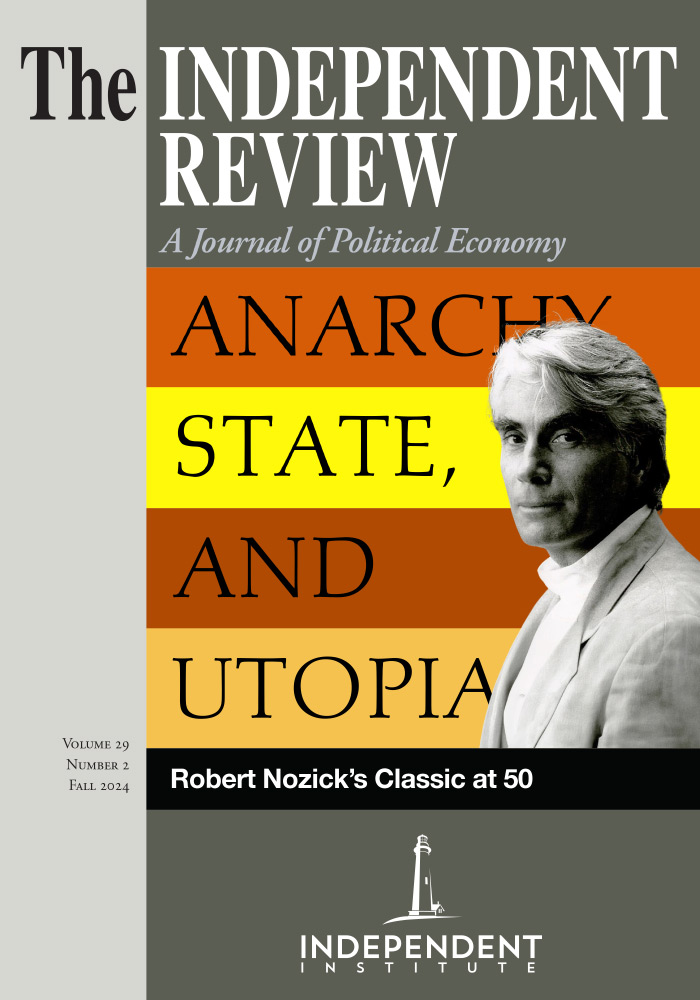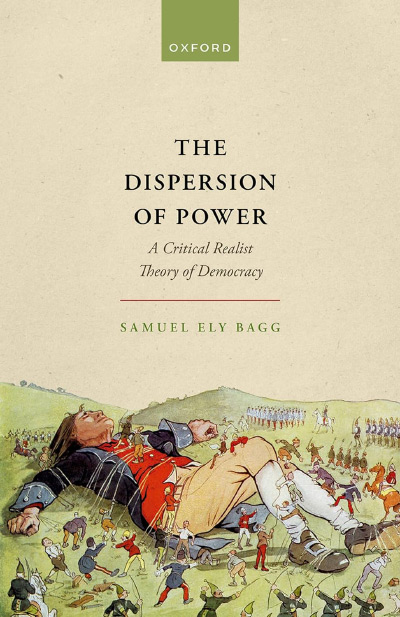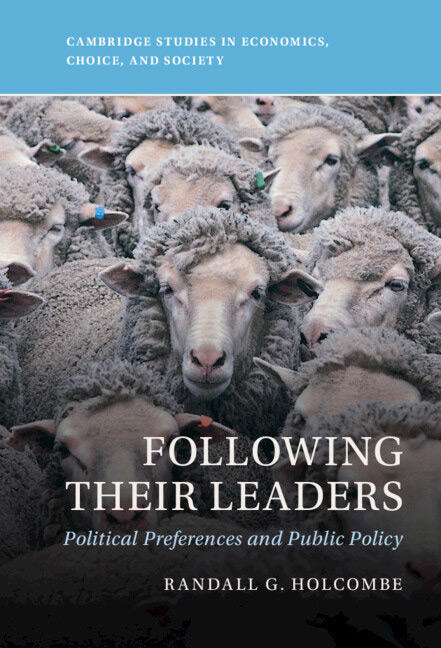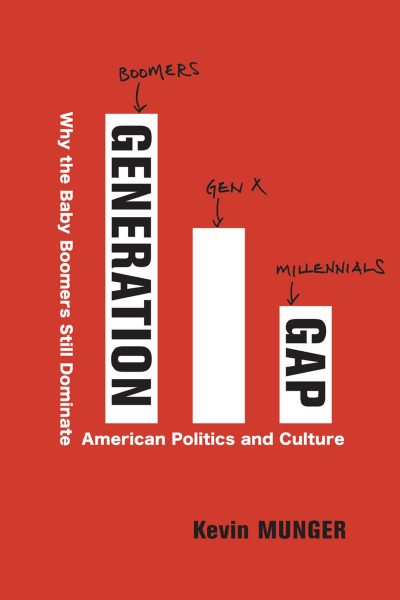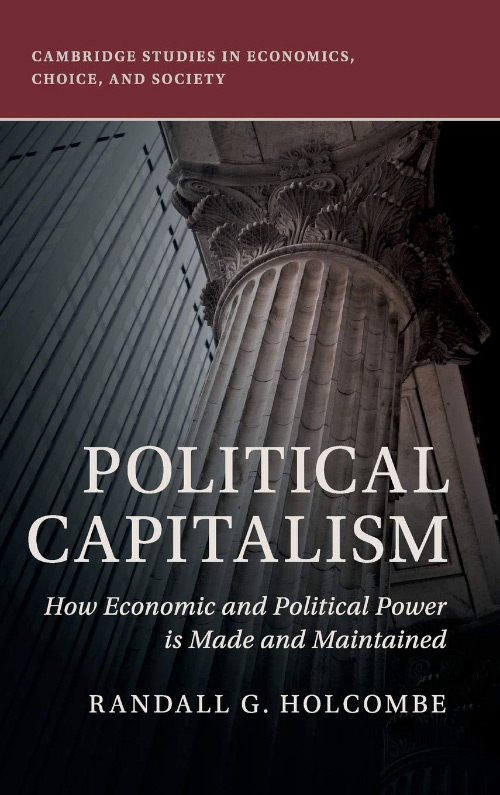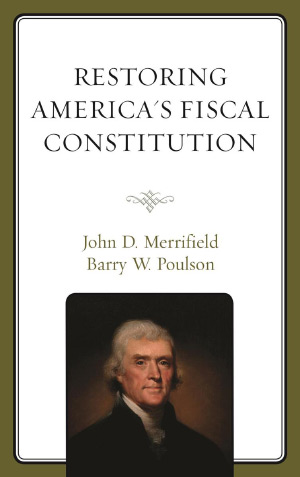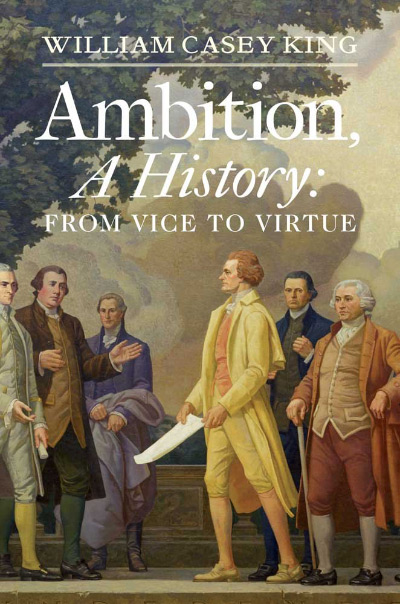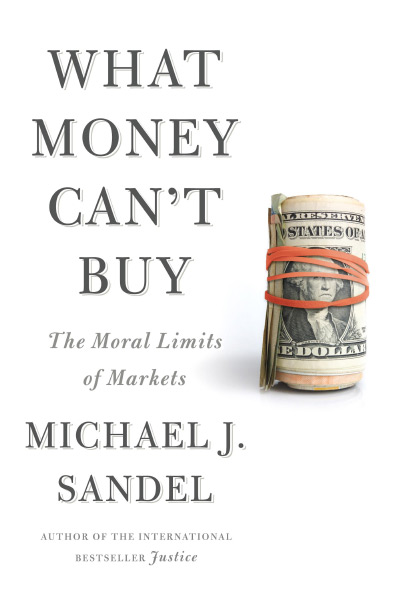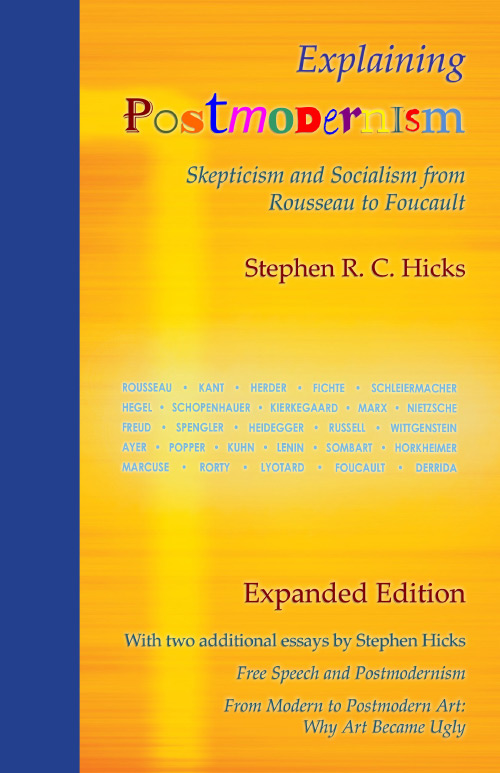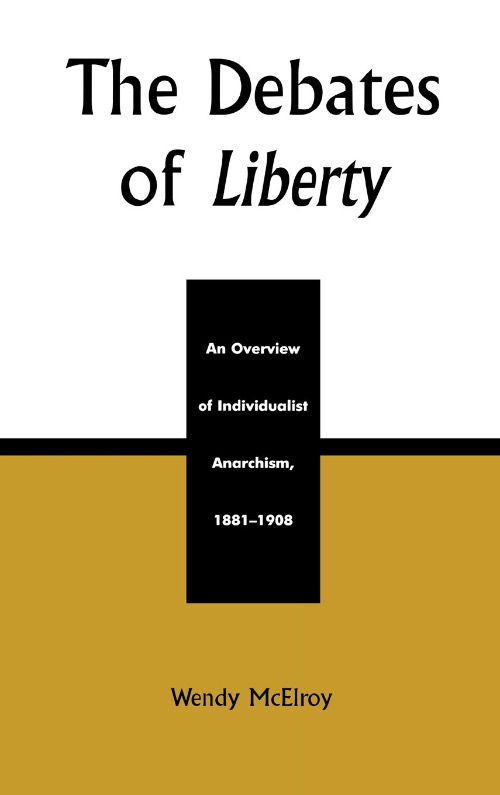An opening caveat: Sam Bagg was a Duke PhD student in my department and worked as my teaching assistant in the large Philosophy, Politics, and Economics Gateway class. So, I know him personally. However, he finished his graduate work in 2017, so enough time has elapsed to give me some distance from our personal relationship.
This book, which started from his doctoral thesis, raises the usual question of the “ship of Theseus”: if literally all the planks and timbers have been changed out, in some cases multiple times, is it really the same ship of thought? The answer, at least for pedagogues like me, turns on whether identity is based on composition of form, or the content of essence.
Bagg’s contribution is more like annealing, the process by which essence is purified, rather than preserved. Impure structures are removed, and the elements aligned for greater strength, by repeated fast heating and slow cooling. The result is much greater ductility of the metal, and the ability to maintain a much sharper edge. Bagg has rewritten this work multiple times, and the result is that The Dispersion of Power has a sharp edge. It makes an argument that is novel, and frankly controversial given the turn toward epistemic defenses of democracy (e.g. Hélène Landemore, 2020, Open Democracy: Reinventing Popular Rule for the Twenty-first Century, Princeton: Princeton University Press) that has enthralled mainstream political theory in the U.S. and Europe.
Bagg’s main argument is that it is a mistake to rely on elections as a means of discovering deep, or for that matter shallow, moral “truths,” because of the complexity of differences in interest and the engineering problems of aggregation mechanisms. Mass elections cannot possibly approximate the “New England Town Meeting” model of small scale, informed deliberation, and we should not confer on electoral majorities the power to decide moral questions as if that kind of politics could deliver on that promise.
Instead, Bagg argues that political theorists should recognize the main problem is the control of power, and the prevention of “capture” of the levers of government by factions and partial or special interests. Elections, understood in this way, are indispensable, in Bagg’s view, but it is a mistake to think of the ideal as being a small deliberative body rather than a means of dispersing power to prevent its concentration in few hands. The reason the distinction is important is that if the putative goals of reform are moving towards the New England Town Meeting, the actual capture-blocking function of elections and politics will be enfeebled. The epistemic turn has brought constant reform, and consistently (and predictably) worse outcomes.
I suspect that a Public Choice economist reading Dispersion might object to my characterization of this argument as “novel.” After all, James Buchanan devoted multiple books to the problem of restraining Leviathan and using constitutional rules to limit the domain and scope of political power. William Riker argued that elections cannot deliver “truth,” but are simply the best way of limiting tyranny. And George Stigler argued for a “capture” theory of regulation and legislation, concluding that if power is based on the notion of an omniscient, benevolent state then attempts to disperse economic power will instead lead to market concentration and abuse.
That’s all fair; Riker and Stigler receive only desultory, footnote-level cites in Dispersion, and Buchanan is not cited at all. Further, it is true that political theorists have often achieved “originality” by simply ignoring previous work on the same topic—I’m looking at you, John Rawls!
In fairness, I think Bagg would have been well served to have a section devoted to previous claims about limits on Leviathan, and state capture. Those in the Public Choice tradition are likely to conclude from the lack of citation and discussion of their themes that the book is of no interest, but that would be wrong. Bagg argues (persuasively) that there are much older, and powerfully authentic, theories for the need to limit Leviathan, and that these arguments need not be thought of as starting with the American Founding, or the Interstate Commerce Commission. To be blunt, it was Buchanan, Riker, and Stigler who ignored the relevant previous work that would have strengthened their case, and Bagg connects to the older and (for normative theorists, at least) more persuasive versions of that argument.
Bagg’s conclusion is that the reforms suggested by the epistemic democraphiles will lead to worse outcomes, as I noted above. In that, I think his argument is sound. But then he takes a decidedly less plausible step, at least in my view, in suggesting a better alternative. The solution, rather than reforming elections, is to reform the balance of social power. He concludes that:
[W]e must divorce the ideal of collective self-rule from any particular process of will formation and decision-making, and interpret it instead in terms of an egalitarian balance of social forces. It should be pursued, more specifically, via practices that make it more difficult for any group to capture public power for itself, and more likely that public power will be used to advance collective interests. This entails liberal practices of constitutionalism, competition, and universalism—which structure public power to make it less hospitable to capture—as well as radical practices of antimonopoly, countervailing power, and systematic redistribution. (p. 243)
Um ... yikes!?
The part before the italics sounds Madisonian, and Bagg acknowledges that institutional design of the adversarial variety—“Ambition must be made to counteract ambition”—is central to his vision. But then, in what to me was a head-jerking change of perspective, Bagg thinks it would also be necessary to have the state rearrange, and actively manage, industry structure, social strength of groups, and the distribution of wealth and income.
Meatloaf said it best, I think: “I’ll do anything for love, but I won’t do that!”
The Madisonian (and Public Choice) view would limit what can be done to creating adversarial, competitive structures of decision-making and economic activity. Bagg wants those, too, but then he wants the state to have the power to make ex post “corrections” to imbalances of power, to ensure egalitarian outcomes. But...guided by whom? Limited by what? The powers to change industrial structure, ration group access to the means of persuasion, and adjust the distribution of wealth are precisely those assets that will engender a rent-seeking contest to the death ... of democracy.
Bagg has reproduced a central aspect of the Progressive conceit, the notion that people are trapped in a system where great forces beyond their power to resist make choices that benefit concentrated interests rather than the public. The Progressive solution, the failures of which are immanent and on-going, was to imagine that there exists a State that can make things right, that can rebalance power according to a radical egalitarian normative imperative. It is precisely the Buchanan-Stigler claim that this power, even if created with the best of motives, will quickly be captured. In fact, it cannot not be captured. For that reason, the power to manage competition cannot coexist with any functional competitive system.
| Other Independent Review articles by Michael C. Munger | ||
| Fall 2024 | Tax Turmoil: A Dia Fenner Economic Thriller | |
| Fall 2024 | Retrieving Liberalism from Rationalist Constructivism, Volume I; Retrieving Liberalism from Rationalist Constructivism, Volume II | |
| Summer 2024 | Secret Government: The Pathologies of Publicity | |
| [View All (83)] | ||

